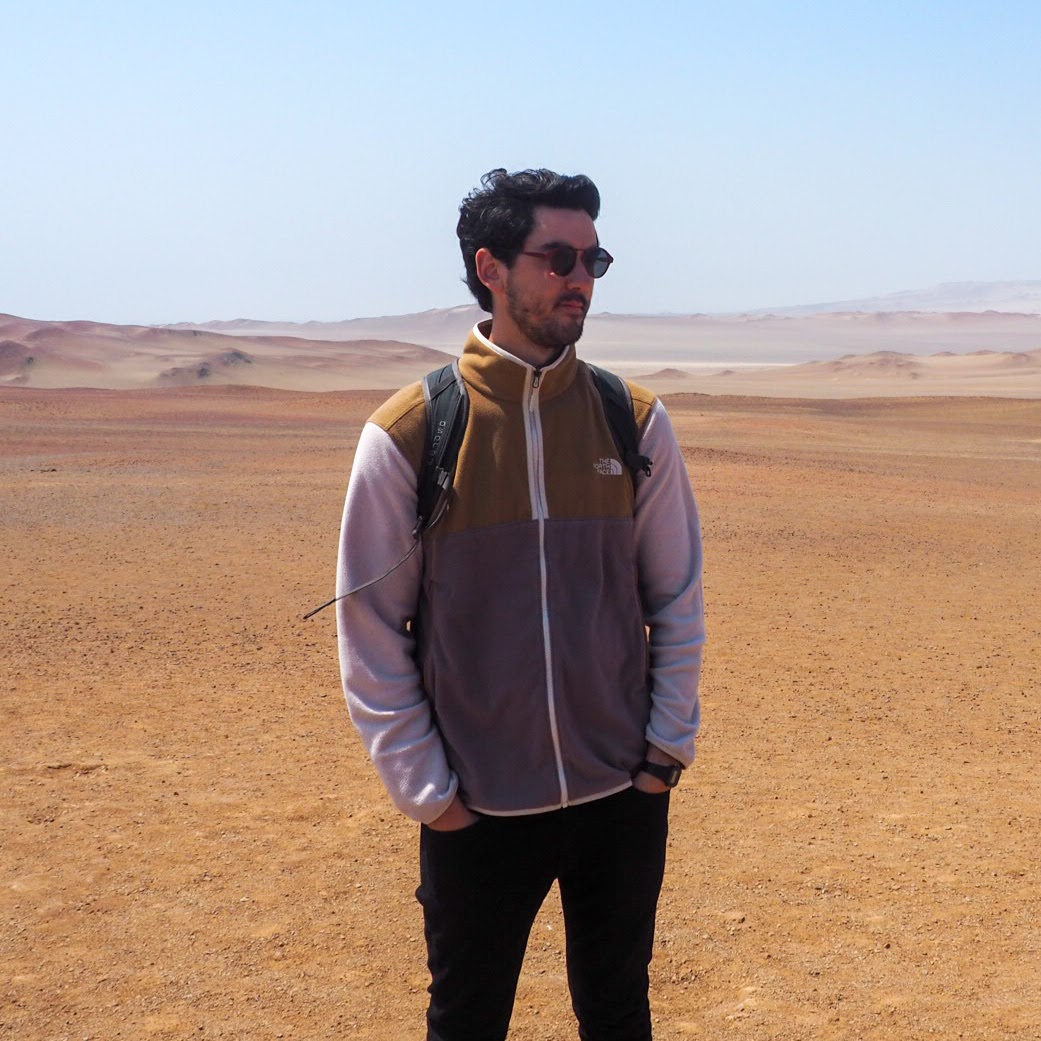Hi, I’m Ryan Fox, a product data scientist with over 7+ years experience of optimising products through experimentation and AB testing.
I’m passionate about finding insights in data and driving real change. Experimentation programs that I’ve led have been forecasted to deliver millions of pounds worth of incremental revenue.
My background
I’ve always been a lover of Mathematics, racing through exercise books in primary school and enjoying homework so long as it was Maths. Eventually I got a Masters in Mathematics and moved into Data Analytics. Being a number fanatic, it was always important to not become just a number cruncher in a back room emailing off reports. I wanted to be connected to the end result and working closely with people.
My first job working as a Digital Optimisation Analyst at an agency allowed me to get the best of both worlds. I worked with a ton of exciting companies to help them optimise their websites and drive real change. In optimisation, it’s impossible for the insights to not drive change. Very quickly I learnt to prempt the ‘So what?’ question when presenting my analysis to clients and show them actions to take. Meetings with clients took on a form close to a pitch where you present improvements that you believe will return real value. Demonstrate the evidence well enough and the client becomes as passionate about the change as you are.
Delivering insights and making my colleagues passionate about making improvements I believe has become a real skill of mine. There’s nothing better than a presentation overrunning to accomodate a multitude of questions and ideas from an engaged audience.
Going in-house at Eurostar
This continued at Eurostar where I led the Experimentation program for the company. In 2015, the job was to build a test-and-learn culture. Building a test-and-learn culture requires changing the way people think. It’s ensuring that people think about testing ideas as part of the product design/marketing campaign process. By the end of my first stint at Eurostar, I had demonstrated the value thoroughly with over £15m worth of incremental revenue forecasted annually. Maybe overly fondly, I remember a colleague labelling my team and me the ‘Rockstars of Digital’ because of the changes we were bringing around with a swiftness that the company had rarely seen thus far. At the start of my nine months there, I was a one man team. By the time I left, we were three.
 A fun day taking part in a photoshoot with Eurostar colleagues for a marketing campaign, August 2018
A fun day taking part in a photoshoot with Eurostar colleagues for a marketing campaign, August 2018
Joining the product team
When I returned after some time abroad, I picked up right where I left off continuing to drive change in the site and also the way we worked. Frustrated with the way that the experimentation team worked almost separately to the product teams, we combined and joined their Scrum setup as the experimenation arm. This meant being able to lean on their UX specialists and being able to hand over the building of the experiments over to the team building the products in the first place.
Prior to this, being the Optimisation manger meant doing every stage of experimentation: insight analysis, test ideation, UX design, coding the change through mostly Javascript, QA and coordination with product teams, test analysis and presentation. Working as part of a product scrum, the optimisation managers could focus on insights, test ideation and analysis. Developers handled the build, QCs handled the QA and scrum masters coordinated our efforts. We worked closest with Product managers to understand priorities and KPIs.
I got plenty of practice presenting to team members and stakeholders with show-n-tells presenting results to 50-60 colleagues. Feedback was good with our insights and results being a highlight of the fortnightly meeting.
Using Python and R
I’ve always loved the technical side of my education and career: R for statistics modules at university, LaTeX to create papers and my dissertation, front-end languages to build tests, SQL to get data out of Google BigQuery, R and Python for test pipelines.
I really started using Python in earnest at Eurostar where it allowed us to run reproducable analysis of experiments with more control over the statistics behind the analysis. It also improved data governance with peer review of results. Piping BigQuery data directly into Jupyter notebooks reduced the time needed to analyse tests allowing us to greatly increase our test velocity.
Since 2017, I’ve been using Python instead of R and relishing the new tech coming through the language.
Other things
On a non-professional front, I’m a keen traveller having taken a couple of years off work to travel mostly in Latin America from which I came back speaking a good level of Spanish. I’ve been away three times for long term travel, the first time spending 3 months in SE Asia, the second time spending 10 months in the Americas, 10 incredible days in Antarctica, 3 months in Japan (my favorite country) and then a month in Spain to further study Spanish. The third time I went away, it was to South America for 6 months followed by 6 months in Asia, spending 3 of these month in Thailand, where my mother was born.
 The Antarctic Peninsula, December 2016
The Antarctic Peninsula, December 2016
I’m also an avid reader, averaging 1 to 2 books a week. I love to read and read mostly fiction as I discovered when I analysed my reading activity. I enjoy reading books about maths, statistics, data science and software engineering, recommending The Art of Statistics, Thinking Fast and Slow, Factfulness and many many others.
Work with me
I’m currently looking for a data science position in product analytics. I’m also working as a Digital Consultant for Saint Francis Hospice to help them get more donations through their site during the Covid-19 pandemic.
